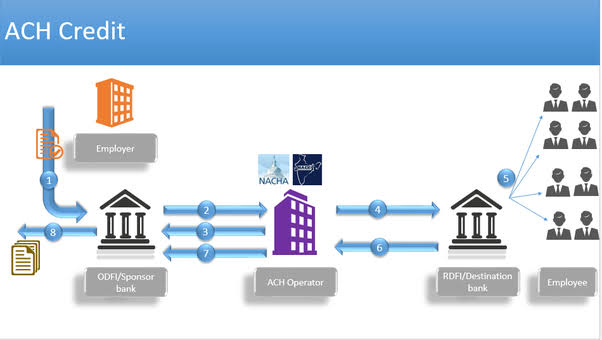Demat account - All you should need to know - Banking helper
What is a Demat Account?
A demat is to your shares what a bank account is to your money. Simply put, it is the account that holds all your shares in electronic or dematerialized form. Like the bank account, a demat account holds the certificates of your financial instruments like shares, bonds, government securities, mutual funds and exchange traded funds (ETFs). You cannot trade in the stock market without a demat account.When you buy and sell stocks, your broker will charge you and this is called brokerage. So, opening account with a broker who charge you high, may eat up your profit for paying the brokerage.
So choose a broker to open your demat account who will always charge you less but provide you best platform and support. To save money from brokerage I prefer to go with discount broker.
What are the Benefits Of Demat Account?
- Safe and convenient way of holding securities
- No stamp duty on securities transfer required
- It eliminates the risks related to physical stock certificates like forgery, thefts etc.
- It results in significant reduction in paperwork and transaction costs
- Securities can be transferred at an instruction immediately.
- Investor can purchase and sale even a single share through a demat account
- Pledging of securities in a short period of time
- Any change in address or bank account details can be electronically intimated to all companies in which investor holds any securities, without having to inform each of them separately.
- Shares or dividends arising out of transactions would automatically credited into the demat account of the investor.
How To Open a Demat Account in India?
Documents to be attached for Demat account
- Passport size photographs
- Proof of residence – Photocopy of any one of Photo Driving License / Passport copy / Electricity bill / Telephone bill etc.
- Proof of identity – Photocopy of any one of Passport copy / Photo Driving License / Voters ID Card / PAN Card etc.
- PAN card
- Through Banks: Bank like SBI, Kotak, ICICI, PNB, Canara, HDFC, Axis, Standard Chartered, and many more act as Depository Participants and provides demat account to its clients with bank accounts. These are called 3-in-1 (Savings+Demat+Trading) . But the brokerage is comparatively high.
- Through Stock Brokers: Full Service Brokers: There are several famous brokers like Angel Broking, Sharekhan, Motilal Oswal, SMC Global, Karvy, etc in the market and people are familiar with these names. They provides accounts and all round of facilities of investments like equity, commodity, MF, insurance, IPO, etc. They provide trading platform, trading tips, research calls. They have offices with necessary infrastructural set up for their clients to come and trade or meet their queries.Besides, they have mobile versions of trading platforms for advance clients.Obviously, they have fair logic to charge higher brokerage for providing all these facilities.
- Discount Brokers: After introduction of Zerodha, this category of brokers has a number of other brokers like Fyres, Upstocks, Samco, SASOnline, Traderjini and many more. Unlike Full Service brokers they provide limited no. of facilities with lower charges. Basically they provide good trading platform, provide knowledge about stock market, encourage trading and investing by self. They charge is very low. They have mobile app or web versions of their platform so that one can easily access for the facilities from anywhere.



Comments
Post a Comment